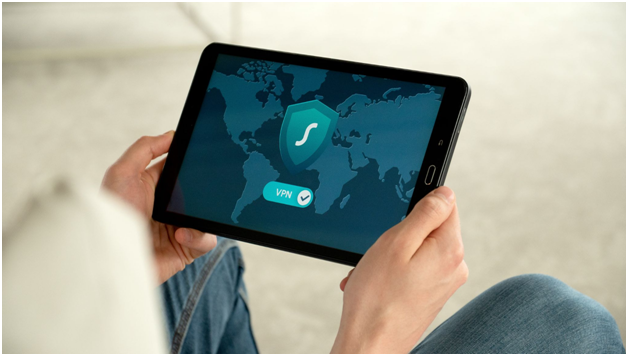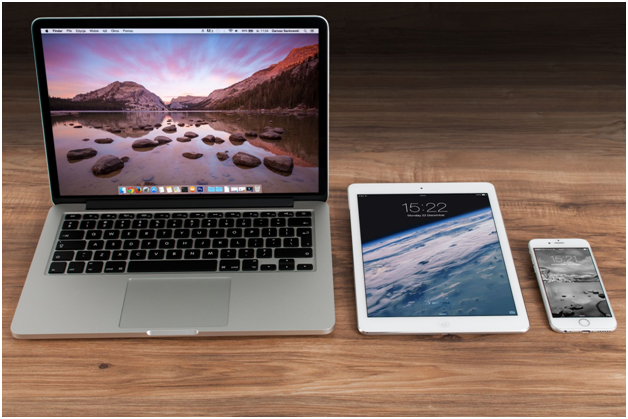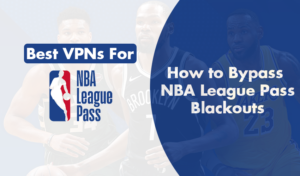We’re living in a digital age, and most of the time, people fall victim to cyber-attacks that target individuals or an organization’s important information. The shift to remote work has also resulted in a loss of over $1 million in the past year.
Most of the time, these attacks happen because people don’t use Virtual Private Networks or VPNs. VPNs are a great way to keep your data safe and secure.
In this guide, we will explain what a VPN is and how it can keep your devices protected from data breaches.
How Does a VPN Work?
Like most security tools, VPN has its limitations too. It can’t protect you from hardcore breaches, but when you turn on the VPN on your devices, it will route your traffic through another country’s server, which will be encrypted. This means that your Internet Service Provider will not be able to track the traffic on your route, and no intruder can access your IP address.
How to Set Up and Use a VPN on Your device
Using a VPN is very simple. You can download a quality VPN service and sign up for it. Some offer free trials and a money-back guarantee. Once the software is installed, you can sign up to use the same service on multiple devices.
Most VPNs have a simple setup, and you can find their guides easily. Once you’re connected to the VPN, choose the country you want as your server. There you have it, and you can now enjoy a private and safe internet browsing experience.
You can use VPN on your laptops, computers, smartphones, gaming consoles, and iPads. Once you connect your device to a VPN server, you’re no longer at the risk of your data being compromised.

An important note: not all of your devices with an internet connection can have a VPN connection. But you can add a VPN on your router, which connects to your device. With your VPN router, you can choose which devices will be connected to your normal internet server and which ones will be connected to a VPN.
How to Choose a VPN
We review VPNs on our blog. Always choose a VPN that allows you to connect to multiple (at least 5) devices simultaneously. Another requirement should be that the VPN provider should allow BitTorrent on its server. The VPN price shouldn’t be too high and always try the free subscription first.
If you want to know more about Latest Gaming News and VPN Guides, check out our blog, Anonymistic. We also feature antivirus software reviews and VPN Guides on Streaming Services. We can help you get your hands on the best-quality VPN services, including Warzone VPN, and you can also find the VPN guide for your device and operating system.
Get in touch with us to learn more today!





